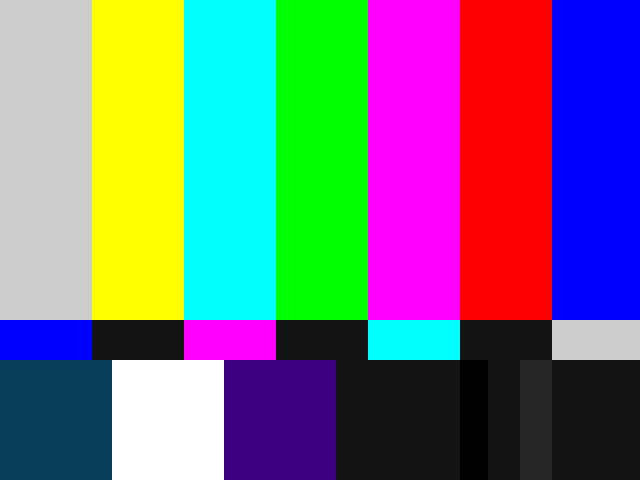 The line between work and play -- profession and leisure activity -- is blurry. Sitting in front of a screen doesn't necessarily mean we are laboring away at our jobs. We can easily toggle through the day, switching between putting the finishing touches on a work-related document and updating our online profiles on our social networking site of choice. Most of us are okay with that, not really recognizing a problem with fitting both worlds into a given day. However, we can't deny that the blurry divide between these supposedly disparate sides is only blurry because the labor involved in achieving both is the same.
The line between work and play -- profession and leisure activity -- is blurry. Sitting in front of a screen doesn't necessarily mean we are laboring away at our jobs. We can easily toggle through the day, switching between putting the finishing touches on a work-related document and updating our online profiles on our social networking site of choice. Most of us are okay with that, not really recognizing a problem with fitting both worlds into a given day. However, we can't deny that the blurry divide between these supposedly disparate sides is only blurry because the labor involved in achieving both is the same.As Lev Manovich suggests in The Language of New Media, "Today, the subject of the information society is engaged in even more activities during a typical day: inputting and analyzing data, running simulations, searching the Internet, playing computer games, watching streaming video, listening to music online, trading stocks, and so on."
Being a part of the Information Age means keeping up with information flows. No longer bearing the one-way flows of yore, this means our work has significantly increased. Our web footprint alone is evidence of our erratic effort to maintain this lifestyle, one that isn't always a choice. We seem to have crossed the line that divides utility from excess. Our tools no longer help us do more with less effort, they create needs that never existed in the first place. While the work required is simple -- most children today have enviable hacker mentalities -- the amount of work required has brought us back to something that feels more like the Industrial Revolution, when technology was primarily an investment in increased production (electricity extended daylight, the clock regulated efficiency, etc.) We engage in work days that begin early in the morning and spill into our evenings without much of a break in between. We're always plugged in, connected in some way, unable (or unwilling) to unplug.
It takes work to keep up with our leisure activities. And those tools and methods are the same ones I use to draft a lesson plan (generating text-based documents, searching the Internet, pulling images and video, tagging data, posting my findings online) and to stay in contact with friends and family (checking multiple e-mail accounts, generating text-based communication, pulling images and video, posting content online). These shared activities make them easier to do simultaneously, but harder to set limits.
This sharing of work space, tools, and time make it difficult to differentiate between work and play, making us slaves to the activities themselves, not their by-products. Mobility creates or, in most cases, extends the desk job. We are experiencing a revolution in its own right, but without the ability to recognize and practice the possibility of limitation, we are on the brink of fatigue, and there is no concrete reason for it. As Jean Baudrillard affectingly put it, "To become an end in itself, every system must dispel the question of its real teleology... In other words, there are only needs because the system needs them."
Sustainability comes through the perfect balance of tolerance (even celebration) of this life and the pursuit of it with caution.
n.

No comments:
Post a Comment